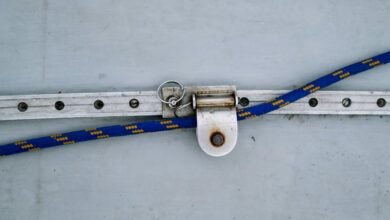Criminal Plates: Understanding Special Car Plates

Criminal plates represent a unique subset of license plates used to signify vehicles involved in criminal activities. These plates play a pivotal role in law enforcement, aiding in the identification and tracking of suspects. Yet, their existence raises complex ethical questions about societal perceptions and the potential for discrimination. Understanding the implications of criminal plates invites a deeper exploration into the balance between public safety and individual rights, a discussion that is crucial in contemporary society.
The Different Types of Special License Plates
The allure of special license plates lies in their ability to convey identity and personal expression.
Custom plates offer individuals a chance to showcase their interests or beliefs, while diplomatic plates symbolize international status and privilege.
Both types serve distinct purposes, reflecting the owner's values and lifestyle.
In a world that values freedom, these plates become more than mere identifiers; they represent personal narratives.
The Role of Criminal Plates in Law Enforcement
While special license plates often symbolize personal identity, criminal plates serve a far more ominous purpose within law enforcement.
These plates often indicate involvement in criminal activity and can evade standard license plate regulations. Identifying and tracking vehicles with such plates aids authorities in combating organized crime, facilitating investigations, and enhancing public safety by ensuring that those who break the law are held accountable.
Societal Perceptions and Implications of Criminal Plates
Criminal plates evoke a range of societal perceptions that reflect broader issues surrounding crime and public safety.
These plates often carry a social stigma, marking vehicles and their owners with an implied criminal status. This perception can lead to unwarranted suspicion and discrimination, influencing how individuals are treated in public spaces, thus raising concerns about fairness, justice, and societal trust in law enforcement.
Conclusion
In summary, criminal plates serve as tools for law enforcement, enhancing safety and accountability, while also igniting debates on fairness and discrimination. They mark vehicles with a dual identity—one of potential criminality and one of societal stigma. Balancing the utility of these plates with the rights of individuals is essential for fostering a just society. Ultimately, understanding the complexities of criminal plates encourages a deeper examination of public safety, individual rights, and the implications of societal labeling.





